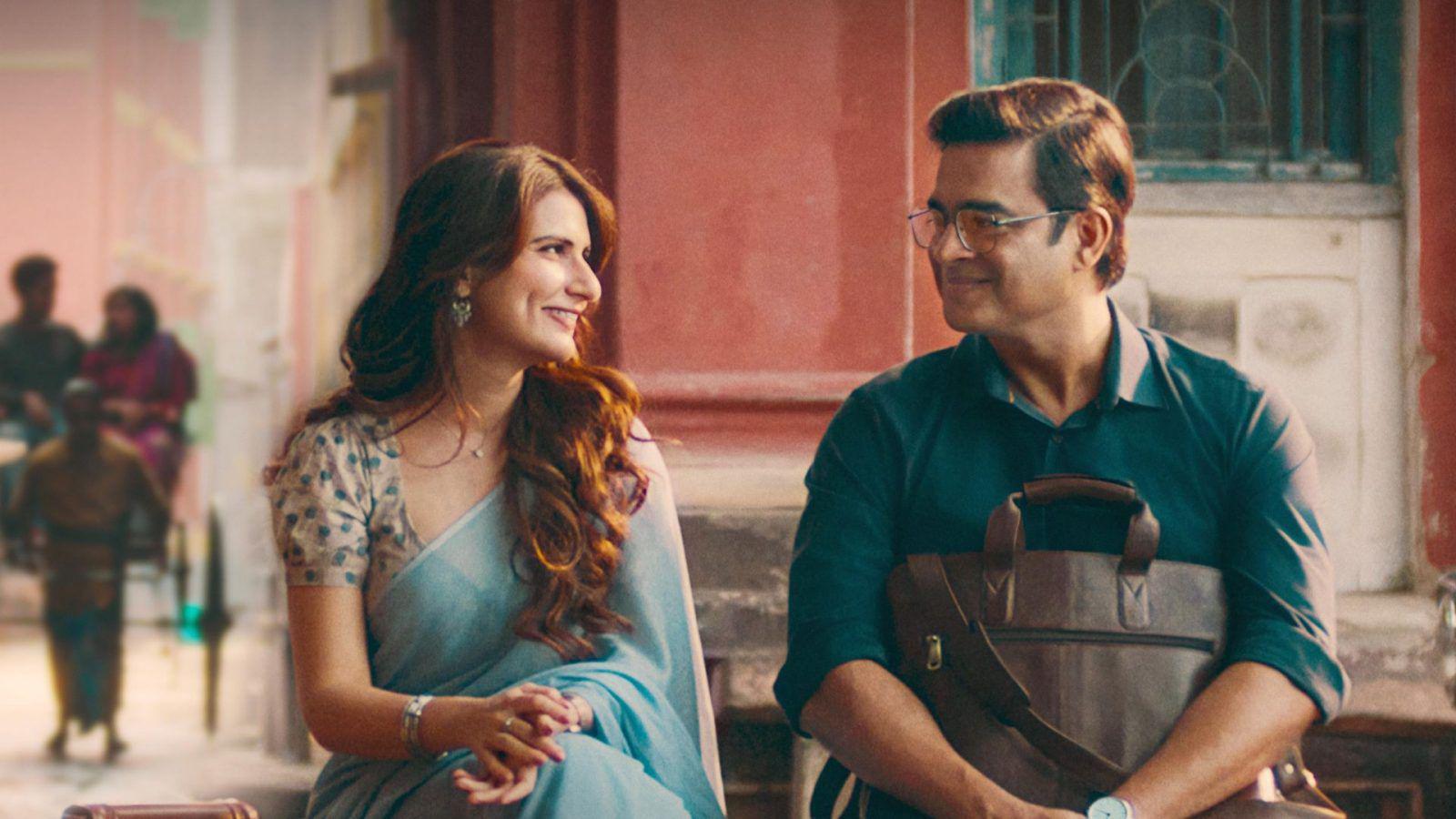 Image Source: Lifestyle Asia
Image Source: Lifestyle Asia
Key highlights
Fatima Sana Shaikh, who has impressed with her acting chops in Netflix's 'Aap Jaisa Koi' and 'Metro In Dino,' recently gave a glimpse into her personal life, telling us that her longest relationship broke due to differences in what she wore. In an interaction with Hauterrfly, she spoke at length about how her ex-partner's unease with her attire became the unbeatable rift, pointing towards how societal conditioning and inherent mindsets still make modern relationships complicated.
Personal Account
Shaikh described the downfall as being based not in overt prohibitions, but in recurring showdowns and her partner's emotional response every time she wore clothing he considered inappropriate. Though he knew intellectually, he couldn't deal with his "gut reaction" and conceded that he felt betrayed or insecure regarding her clothing choices.
She observed that this pattern is not unusual, with decisions regarding women's attire continuing to be a contested space for many Indian couples, fueled by ingrained ideas about modesty, respect, and women's agency.
Public Reaction and Wider Discussion
Shaikh's candour set off a chain of empathy and discussion on the internet, with some appreciating her vulnerability and others recounting their own similar stories. Many pointed to the continuing conflict between personal autonomy and societal expectations, particularly for women who are trying to work out romantic relationships in modern India.
Her tale has also sparked wider debate on how changing ideas of personhood, autonomy, and gender affect what is and is not accepted in relationships today.
Current Status and Outlook
Amidst rumors of her personal life—particularly link-ups with actor Vijay Varma—Fatima has made clear in public interviews that she is single at the moment, highlighting mutual respect, equality, and freedom to be oneself as essential elements of a healthy relationship. Her insights arrive at a moment when she is focusing on work and personal development, highlighting that happiness does not rely on outside approval, but on self-acceptance and truthful partnership.
Sources: Firstpost, Times of India, Hindustan Times
Advertisement
Advertisement





